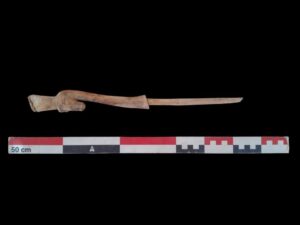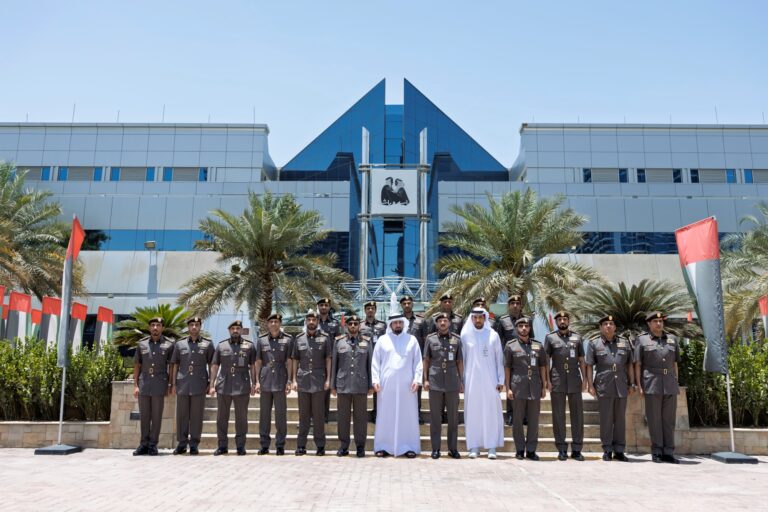The country recorded a high of 49.2°C last week, with temperatures over 45°C reported days after
Doctors in the UAE are noticing an increase in the number of patients seeking medical care as temperatures have risen significantly compared to the previous month.
The UAE hit a high of 49.2°C last week, with temperatures over 45°C reported days after.
Following this, there has been a rise in the incidence of people falling ill, with symptoms such as high-grade fever, headaches, and heat exhaustion.
Dr Mais M Mauwfak, specialist internal medicine, Thumbay University Hospital said: “We have observed a significant increase in the number of patients visiting both the emergency room and the clinic recently. This rise appears to be correlated with the sudden increase in temperature we are experiencing in UAE, and also factors such as post-flooding conditions which elevate viral transmission rates.”

Dr Mais M Mauwfak. Photo: Supplied
Doctors emphasise a sudden rise in temperature can further weaken the immune system.
They advise that during the intense summer period, dust storms originating from the desert can occur. These storms can bring powerful gusts of wind that may affect respiratory health and trigger allergic reactions.
“When our bodies are exposed to cold temperatures followed by rapid heating, our airways and blood vessels constrict. This constriction reduces the effectiveness of our immune system, making it harder to fend off bacteria and viruses,” she added.
High-grade fever and headaches
Medics stress consequently, people are more prone to respiratory infections, worsened asthma, chronic obstructive pulmonary disease (COPD), and other related conditions.
“We have noticed a marked increase in patients presenting with high-grade fever and headaches. While viral infections are the primary cause of these symptoms, the extreme temperatures exacerbate these conditions. Temperatures reaching as high as 49.2°C significantly contribute to health deterioration, leading to symptoms ranging from mild headaches to severe conditions such as seizures, and strokes, and in extreme cases even death can happen,” said Mauwfak.
Dr Niyas Khalid, Specialist/HOD — Internal Medicine, Burjeel Medical City explained: “In recent weeks, there has been an increase in patients experiencing fever and headaches, along with a mild rise in viral infections.”
“These temperature shifts can lead to not only headaches but also body aches. During the summer, it is advisable to avoid direct sunlight as much as possible, wear lighter clothing, and maintain a healthy diet,” he added.

Dr Niyas Khalid. Photo: Supplied
Taking proper precautions
Medics also warn that people should take precautions to avoid mosquito bites, minimise close contact with infected family members, and be aware that sudden changes in temperature — such as moving from a hot outdoor environment to a cold indoor one — can trigger health issues and increase susceptibility to viruses.
They point out, apart from high temperatures, and heat waves factors like vigorous physical activity, age, dehydration, health problems, and lack of cooling systems increase the risk of falling sick.
To help manage these health risks, it is essential to take proactive measures, especially when people first start feeling unwell.

Dr Ahmed Abdullatif. Photo: Supplied
Dr Ahmed Abdullatif, General Practitioner, Prime Medical Centre, Motor City said: “Prevention is achieved by drinking enough water, using sunscreen, putting on suitable clothes, and looking for shade.”


















+ There are no comments
Add yours